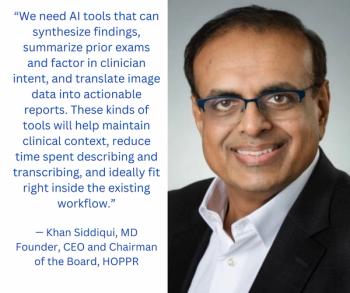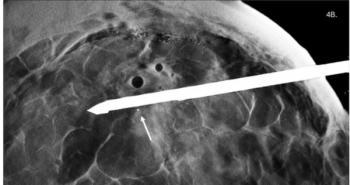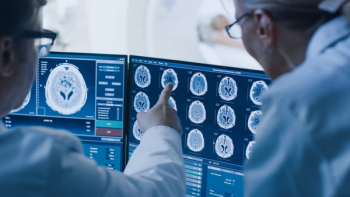
Breast coil allows intervention
Confirma is showing at the RSNA meeting its breast MR coil enhanced with interventional components. Launched at RSNA 2006 as a purely diagnostic device, the Access Breast Coil is now outfitted with a grid plate and stabilization plate, a configuration cleared in July by the FDA. The four-channel phased-array coil was also modified to improve patient comfort, reduce weight, and increase physician access to the patient. The version slated for the RSNA exhibit floor is certified for use on Siemens Avanto, Espree, and Symphony MR scanners.
Confirma is showing at the RSNA meeting its breast MR coil enhanced with interventional components. Launched at RSNA 2006 as a purely diagnostic device, the Access Breast Coil is now outfitted with a grid plate and stabilization plate, a configuration cleared in July by the FDA. The four-channel phased-array coil was also modified to improve patient comfort, reduce weight, and increase physician access to the patient. The version slated for the RSNA exhibit floor is certified for use on Siemens Avanto, Espree, and Symphony MR scanners.
Newsletter
Stay at the forefront of radiology with the Diagnostic Imaging newsletter, delivering the latest news, clinical insights, and imaging advancements for today’s radiologists.














